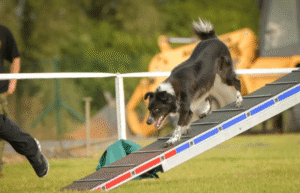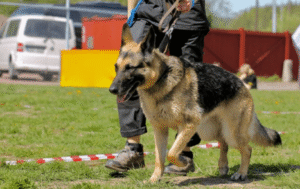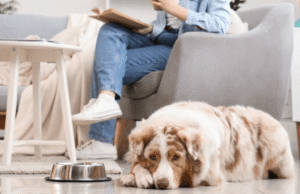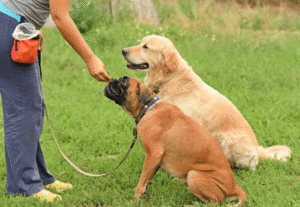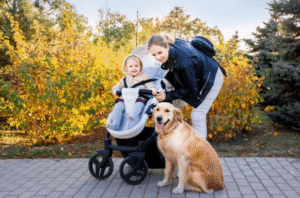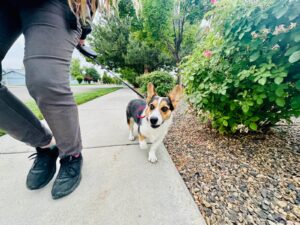
Welcome to your guide on Boise dog focus training, designed for dog owners navigating the pull of city life. Living in Boise means walking past busy patios, friendly strangers, food carts, and wildlife. As a result, your dog is constantly tempted to look away, sniff around, or respond to every new stimulus. Fortunately, we’ll help you turn that chaos into opportunity.
Why Boise Dog Focus Training Matters in a City Full of Distractions
Boise offers an incredible environment for dogs—trails, parks, outdoor cafés—all dog‑friendly. However, that same freedom brings many distractions. For instance, a simple walk downtown can become a tug‑of‑war for attention with your dog. If your pup is easily distracted by other dogs, skateboards, food smells, or passers‑by, your outings may become stressful. That’s where Boise dog focus training becomes essential.
How to Turn Boise Dog Distractions Into Focus Training Opportunities
Instead of avoiding busy areas, you can turn distractions into training moments. Here’s how:
-
First, choose a moderately distracting location (for example, a patio near a food cart).
-
Next, give your dog a task to focus on you (such as a cue or reward) instead of the distraction.
-
For example, ask for a “look at me” or “touch” cue when someone walks by.
-
Then, reward calm, attentive behavior immediately.
-
Gradually increase the level of distraction as your dog improves.
Additionally, you can learn more in this in-depth guide on Boise’s hidden distractions.
Take Boise Dog Focus Training Beyond the Classroom for Real Results
A big mistake is training solely in a quiet, controlled space. Instead, practice commands where they matter most—on sidewalks, in parks, at dog‑friendly cafés. Over time, your dog learns to pick you over distractions. Therefore, this real‑world Boise dog focus training gives your dog the confidence to respond no matter what’s happening around them—rather than only in a classroom setting.
Why Focused Dogs Are Calmer, Safer, and More Confident in Boise
Focused dogs are calmer. In other words, when your dog can tune in instead of zone out, you get fewer reactive or anxious moments. That means fewer embarrassing or unsafe incidents in public, around kids, or other dogs. With the right guidance, your dog not only behaves better—it feels better.
Start Your Boise Dog Focus Training Journey Today
If you’re ready to build your dog’s focus and confidence in Boise’s busy environment, we’d love to help. Our training works where it matters most. Contact Us today to begin your Boise dog focus training journey.
Ready to see real results? Board & Train and get your dog on the path to success.
Frequently Asked Questions
Q1: How long does it take for a dog to learn focus in a distracting environment?
A1: It depends on the dog’s current training level and exposure. With consistent practice in real settings, many dogs show noticeable improvement within a few weeks.
Q2: Can I train focus at home before heading out?
A2: Yes—but home is only the first step. You’ll need to transfer the skill to real‑world environments (parks, sidewalks, cafés) to build true reliability.
Q3: My dog gets overwhelmed by distractions. Should I skip training?
A3: No. Start with very low distraction levels and build gradually. Using positive reinforcement and patience, focus training can help reduce anxiety and build confidence.
Q4: Do I need to hire a professional trainer?
A4: A good trainer can speed progress and help you avoid common mistakes. But with consistency and the right approach, you can do a lot of it yourself at home or in public with your dog.
Q5: Is focus training just for obedience?
A5: No. While commands are involved, the bigger win is a calmer, more confident dog who responds because they choose to tune in, not because they’re forced to.



